When considering new hires, many companies look first to see if that employee has the practical knowledge to do the job. Whether you are a new graduate trying to figure out how to get a leg up in your career. Or you’re a mid-career professional looking to secure your next promotion. You might be wondering what are the most important skills you need to help you get where you want to go. In job postings, you will often find employers looking for both hard and soft skills.
As well as skills specific to the job you’re going for, employers are also looking for general job skills. They sometimes call it “employ-ability skills” or “soft skills”. These types of skills will make you stand out.
LinkedIn looked at the five most in-demand soft skills of 2020. We came up with this list generated by recruiters and those in HR:
Creativity, Persuasion, Collaboration, Adaptability, and Emotional intelligence.
Hard skills are job-specific technical knowledge and expertise, whereas soft skills are personal qualities such as communication, teamwork and leadership skills. The main differences between hard skills and soft skills are the ways in which they are acquired and applied in the workplace. Usually, specialized education and training obtain hard skills. In contrast, soft skills are regarded as personality traits that you may inherently possess and develop throughout your life. They can help you communicate with other people, manage your time or solve problems more effectively.
Hard skills include things an employer can test for or measure, such as:
Proficiency in a foreign language, Sales, Surgical proficiency, Business analysis, and Blockchain.
The list of hard skills is as long as the number of different professions in the world. For new employees with little practical experience or track record, these can be measured in terms of test scores and recent degrees or certifications.

